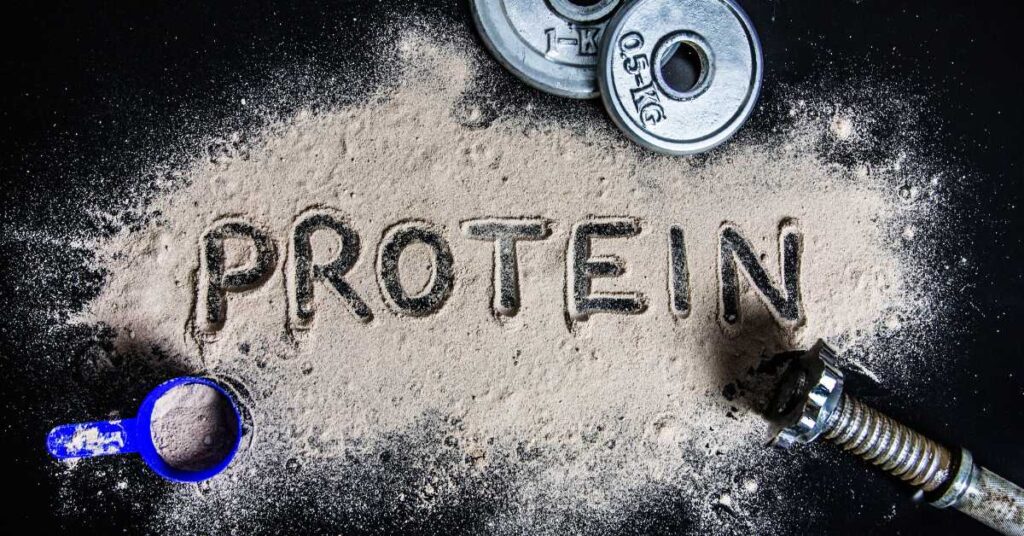Introduction
Self-belief and self-confidence play a crucial role in the success and performance of athletes. When athletes believe in themselves and have confidence in their abilities, they can perform at their best and overcome challenges with resilience.
Understanding Self-Belief
Before diving into strategies, let’s first understand the concept of self-belief:
Definition of Self-Belief: Self-belief refers to the unwavering belief in one’s abilities, skills, and potential for success. It is the confidence in oneself to overcome challenges and achieve desired outcomes.
Recognizing the Role of Self-Belief in Athletic Success: Self-belief is a critical factor in athletic success. It enables athletes to push their limits, maintain focus, and persevere in the face of obstacles. Self-belief shapes an athlete’s mindset, performance, and ability to achieve their goals.
Cultivating a Growth Mindset
A growth mindset is key to fostering self-belief:
Embracing a Growth Mindset for Self-Improvement: Adopting a growth mindset means embracing the belief that abilities can be developed through dedication, effort, and learning from experiences. It allows athletes to see setbacks as opportunities for growth and encourages continuous improvement.
Challenging Limiting Beliefs and Embracing Possibilities: Challenge any limiting beliefs or negative self-talk that may hinder self-belief. Replace them with empowering beliefs and focus on possibilities rather than limitations.
Setting Realistic and Attainable Goals
Setting goals provides direction and boosts self-confidence:
Setting Clear and Achievable Goals: Set clear and specific goals that align with your aspirations. Break down long-term goals into smaller, manageable steps to provide a sense of progress and accomplishment along the way.
Breaking Goals Down into Manageable Steps: Divide larger goals into smaller milestones or objectives. This allows you to track your progress and build confidence as you achieve each step.
Celebrating Small Victories
Recognizing and celebrating progress is essential for building self-confidence:
Acknowledging and Celebrating Incremental Progress: Celebrate small victories and milestones along your athletic journey. Recognizing your progress, no matter how small, boosts confidence and motivates further improvement.
Building Confidence through Small Achievements: Each small achievement serves as evidence of your capabilities and progress. By accumulating these achievements, you build a foundation of confidence that supports your overall self-belief.
Visualizing Success
Visualization can enhance self-belief and performance:
Using Visualization Techniques to Enhance Self-Belief: Engage in visualization exercises where you vividly imagine yourself succeeding, performing at your best, and achieving your goals. Visualize the actions, emotions, and outcomes associated with success.
Imagining Success and Positive Outcomes: Use your imagination to create mental images of success and positive outcomes. By visualizing success, you program your mind to believe in your abilities and increase your self-confidence.
Positive Self-Talk and Affirmations
Harnessing the power of positive self-talk reinforces self-belief:
Harnessing the Power of Positive Self-Talk: Replace negative self-talk with positive and empowering messages. Encourage yourself, remind yourself of your strengths, and focus on possibilities and solutions rather than dwelling on self-doubt or past mistakes.
Using Affirmations to Reinforce Self-Belief: Repeat affirmations that align with your goals and values. Affirmations are positive statements that reinforce self-belief, boost confidence, and program your mind for success.
Building a Supportive Network
Surrounding yourself with positive and supportive individuals strengthens self-belief:
Surrounding Oneself with Positive and Supportive Individuals: Seek the support of teammates, coaches, mentors, and loved ones who believe in your abilities and support your athletic journey. Their encouragement and positive influence can reinforce your self-belief.
Seeking Encouragement and Feedback from Mentors, Coaches, and Teammates: Engage with mentors, coaches, and teammates who can provide constructive feedback, guidance, and encouragement. Their expertise and insights can help you identify areas for improvement and further develop your self-belief.
Embracing Failure as a Learning Opportunity
Failure is a stepping stone towards growth and improvement:
Seeing Failure as Part of the Growth Process: Embrace failure as a natural part of the learning process. View it as an opportunity to gain valuable insights, learn from mistakes, and grow both mentally and physically.
Learning from Mistakes and Setbacks: Analyze failures and setbacks to understand the contributing factors and identify areas for improvement. Use these experiences as valuable lessons that contribute to your growth as an athlete.
Emphasizing Strengths and Progress
Focusing on strengths and progress enhances self-belief:
Identifying and Leveraging Personal Strengths: Recognize and leverage your unique strengths and abilities. Understanding your strengths and applying them to your athletic performance reinforces self-belief.
Focusing on Progress Rather than Perfection: Shift your focus from perfection to progress. Celebrate the progress you make, no matter how small, and acknowledge that improvement is a continuous journey.
Developing Mental Resilience
Building mental resilience helps you bounce back from challenges:
Building Mental Resilience to Overcome Challenges: Develop mental resilience by cultivating coping strategies, such as positive self-talk, visualization, mindfulness, and stress management techniques. Strengthen your ability to adapt and bounce back from setbacks.
Developing Coping Strategies for Adversity: Identify effective coping strategies to navigate through challenging situations. This may include techniques such as deep breathing, reframing negative thoughts, or seeking professional support when needed.
Taking Care of Physical and Mental Well-Being
Prioritizing self-care supports overall confidence and well-being:
Prioritizing Rest, Recovery, and Self-Care: Adequate rest, recovery, and self-care are essential for maintaining physical and mental well-being. Make sleep, nutrition, and relaxation a priority to optimize your performance and bolster self-belief.
Managing Stress and Maintaining Balance: Implement stress-management techniques, such as mindfulness or engaging in hobbies and activities outside of sports. Maintaining balance in your life contributes to a positive mindset and enhances overall self-confidence.
Frequently Asked Questions (FAQs)
Q1: Can self-belief be developed?
Yes, self-belief can be developed. It is not a fixed trait but can be nurtured and strengthened through various strategies, such as cultivating a growth mindset, setting realistic goals, celebrating small victories, and surrounding yourself with a supportive network.
Q2: How can I overcome self-doubt as an athlete?
To overcome self-doubt, challenge negative self-talk, focus on your strengths and past successes, and cultivate a positive mindset. Visualize success, set achievable goals, seek support from a supportive network, and embrace failure as a learning opportunity.
Q3: Is it possible to build self-confidence in sports?
Yes, it is possible to build self-confidence in sports. By practicing visualization, positive self-talk, setting goals, surrounding yourself with a supportive network, and focusing on progress, athletes can enhance their self-confidence and belief in their abilities.
Q4: How can a supportive network enhance self-belief?
A supportive network provides encouragement, feedback, and belief in your abilities. Surrounding yourself with positive and supportive individuals who believe in you can reinforce your self-belief, provide motivation, and offer guidance during challenging times.
Q5: What are some effective visualization techniques for athletes?
Visualization techniques can vary, but common practices include imagining successful performances in vivid detail, mentally rehearsing specific skills or scenarios, and creating positive mental images of achieving goals. Experiment with different techniques and find what works best for you.







